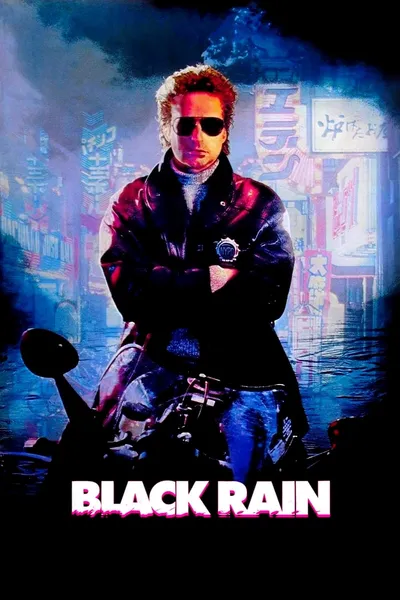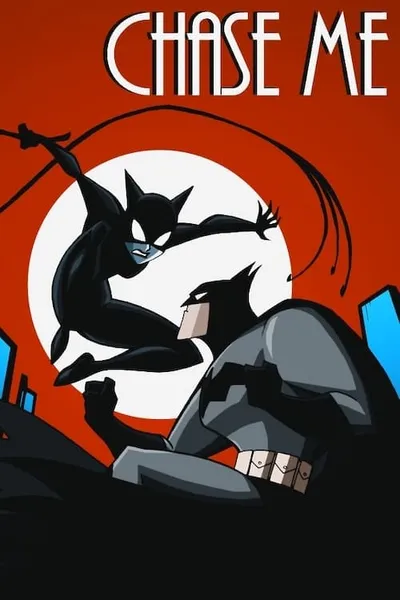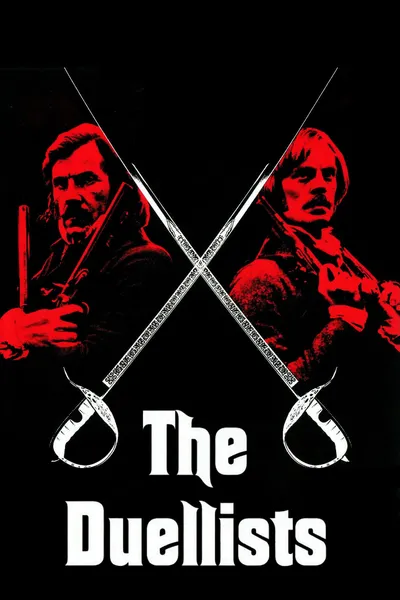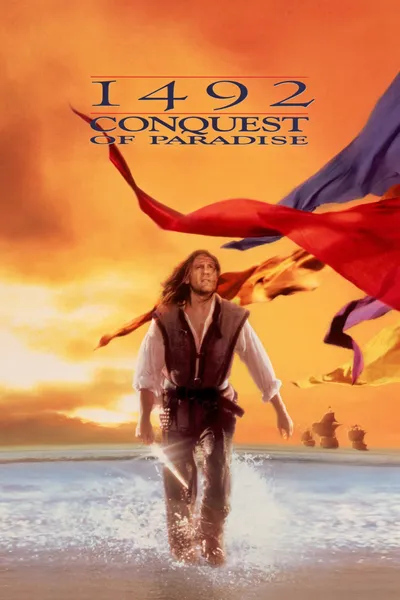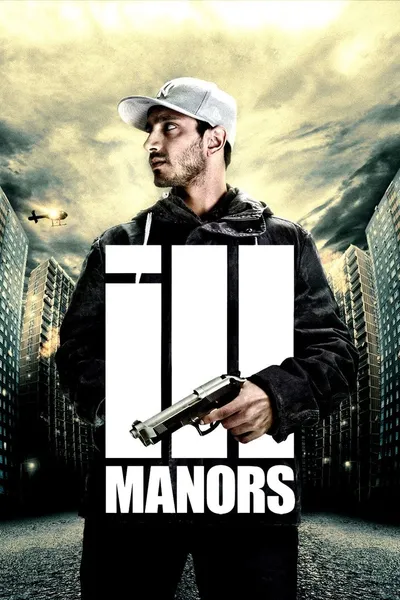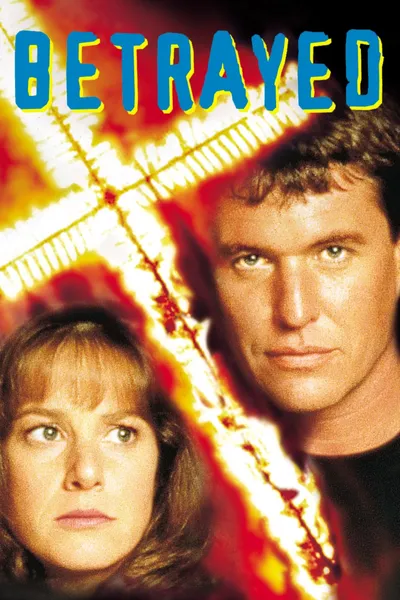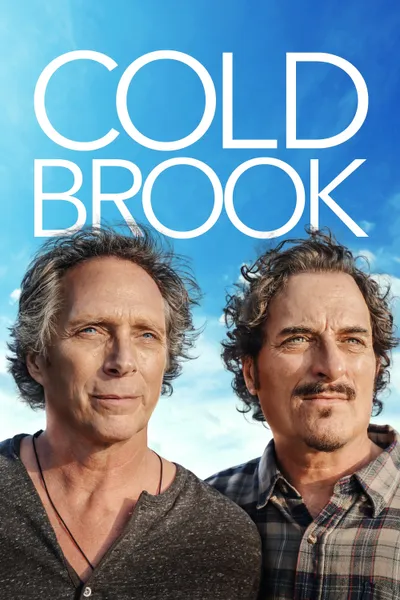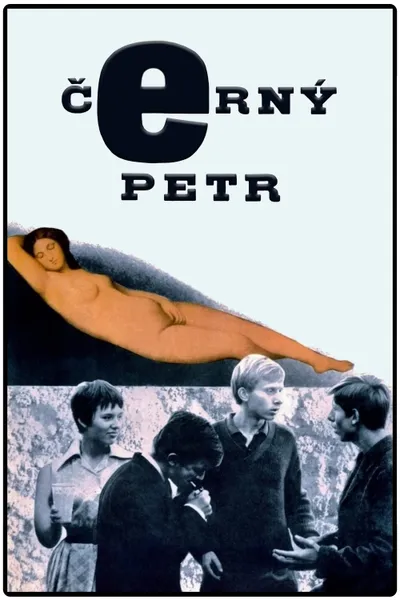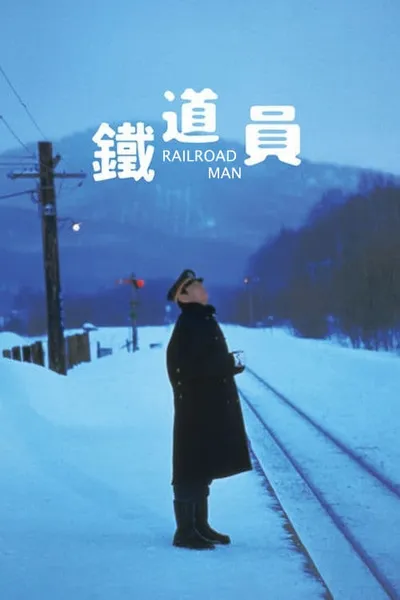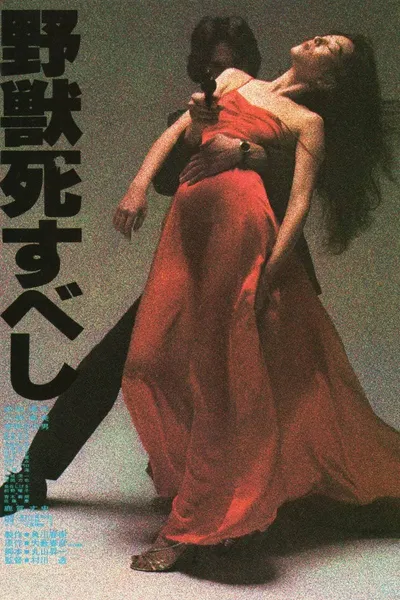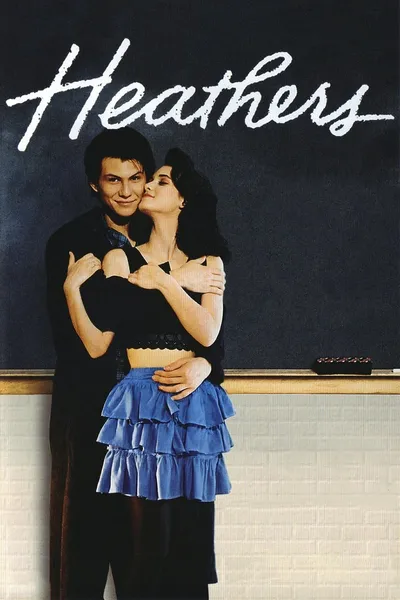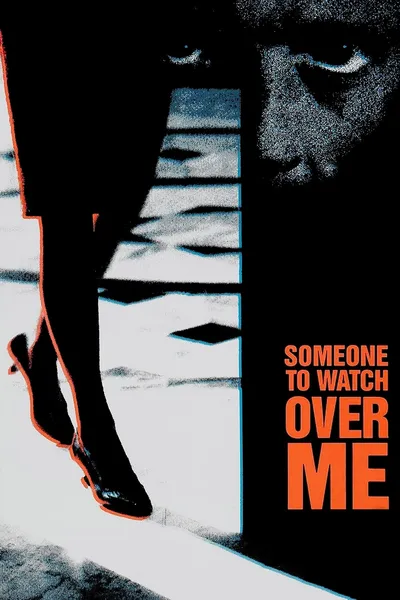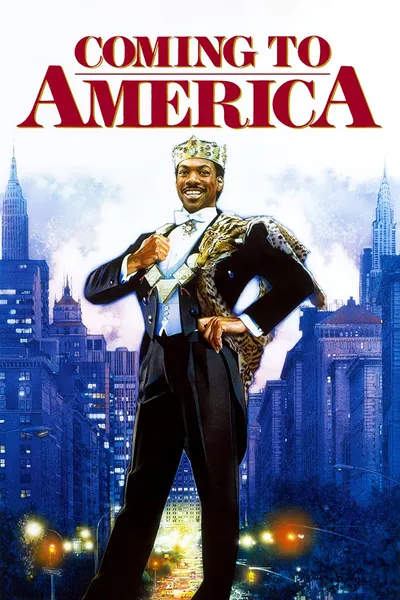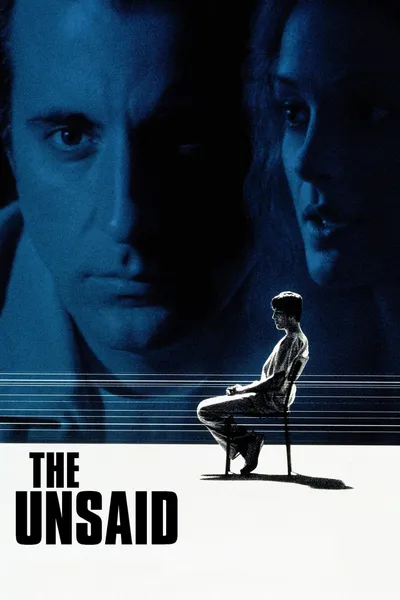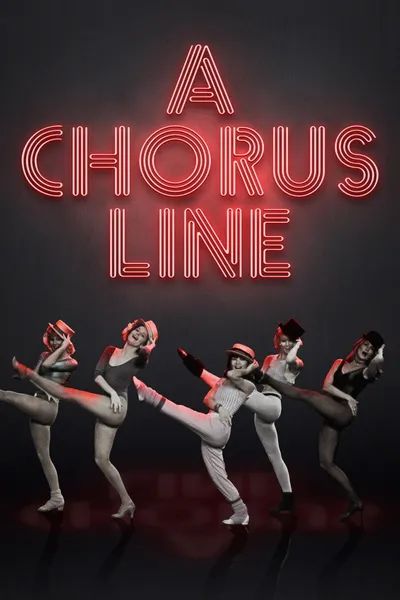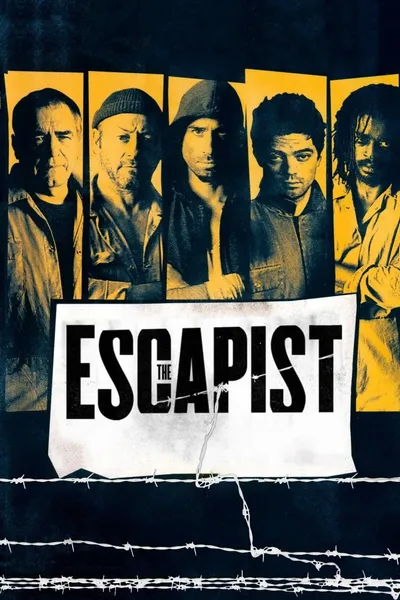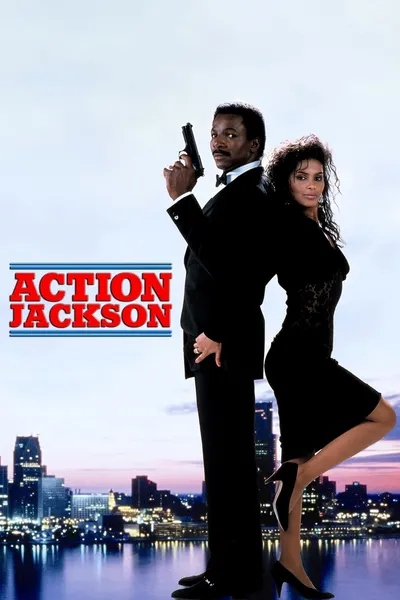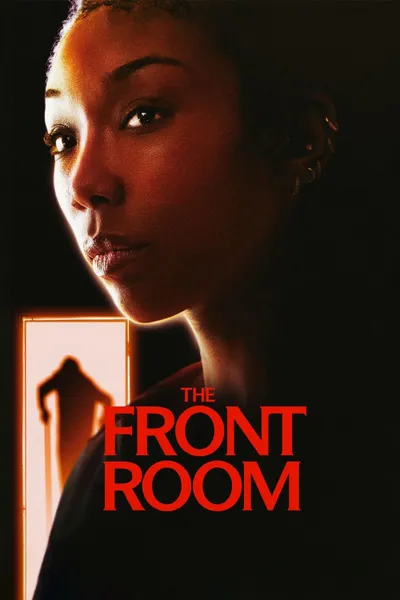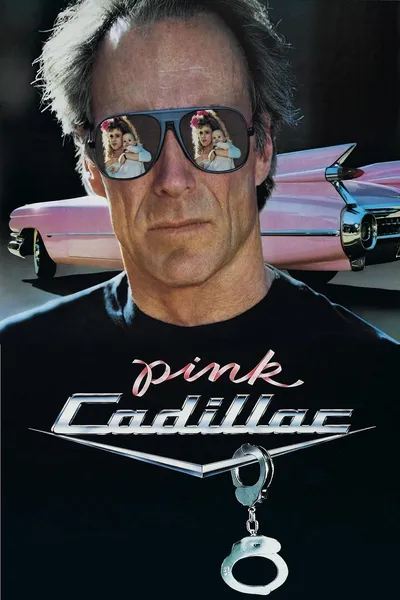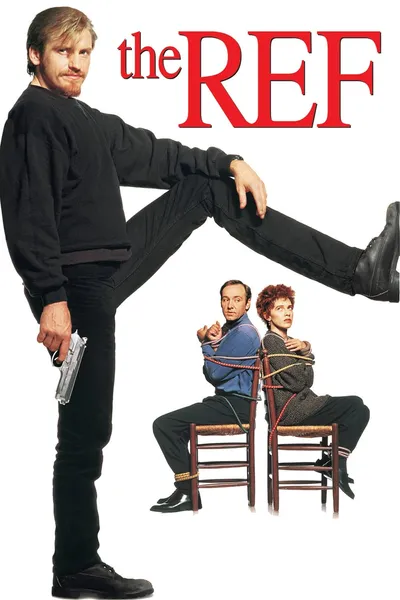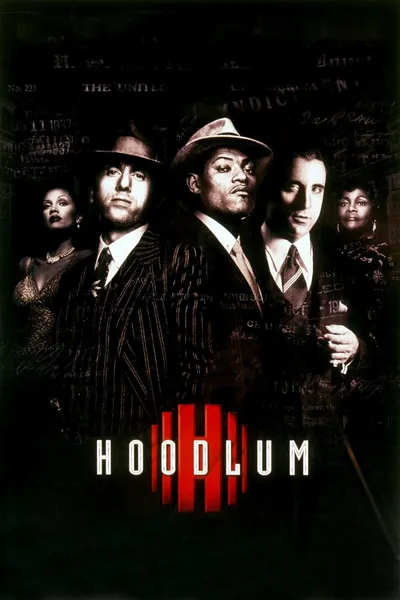Reviews




John Chard
July 8, 20198.0
If you pull it-you better use it.
Black Rain is directed by Ridley Scott and written by Craig Bolotin and Warren Lewis. It stars Michael Douglas, Andy Garcia, Ken Takakura, Kate Capshaw, Yusaku Matsuda and Tomisaburo Wakayama. Music is by Hans Zimmer and cinematography by Jan de Bont.
After New York cops Nick Conklin (Douglas) and Charlie Vincent (Garcia) arrest a sword wielding psychopath named Sato Koji (Matsuda), they are tasked with escorting him back to Osaka in Japan. From here they are plunged into a war that is brewing in the Japanese underworld.
You see there's a war going on here and they don't take no prisoners.
Welcome to Blade Runner's younger brother, Black Rain, a Ridley Scott film I feel has never received the credit it deserves. Viewing from the outside it looked like one of those 1980s cop movies, one where the main cop is washed up and perched on the edge of oblivion, his partner his sanity and voice of reason. However, Scott (brought in late to direct when Paul Verhoeven bailed) wasn't interested in the normalities of the cop drama, he saw the potential for cross continent culture clash and the chance to bring his visual skills to the fore.
Yep, it's the big neon glitter of Osaka and the grime and dime of New York that is the big draw here, but characterisations are still rich for the drama, with Scott taking plenty of time to set up the lead protagonist. We know Conklin's troubles, we know how tight his friendship is with Charlie, and by the time things go grim and dour in Osaka we understand just why Conklin plunges head first into a do or die situation.
Visually Scott infuses the picture with cramped locales, steamy streets, industrial wastelands and blood red suns, while his lead character is an unshaven trench coat wearer who still manages to look devilishly cool. It's perhaps the drawing of Osaka that is the most impressive, for it's an alien creation to us as much as it obviously is to Conklin, the ignorance gap between America and Japan still wide apart in 1989.
Complaints? At just over two hours in running time the film does have periods of flatness, where some better editing wouldn't have gone amiss; though Scott's original cut was considerably longer, begging the question on if more could have been done to enhance the seething culture clash between cops Conklin and Matsumoto (Takakura)?
Another problem is that Capshaw's character is under written, a crime when it's the sole female part of note in a two hour movie. Did more of the character hit the cutting room floor? Likely, because now it's a token eye candy offering, which is a shame since what little we do get hints at a savvy performance from Capshaw.
Ridley Scott lifts Black Rain from merely being a fish out of water thriller to something more layered. True to say there is more style than substance (what style though), but there is still very much interesting juxtapositioning of countries and human interactions of credible worth as well. 8/10

CinemaSerf
July 1, 20225.0
The fact that the words "produced in association with Michael Douglas" appear on the credits before the name of the director (Ridley Scott) tells us much of what we need to know about this crime thriller. It is a project for and about Michael Douglas and it isn't very good. He ("Conklin") is a New York cop, and a bent one at that. Together with his oppo "Charlie" (Andy Garcia) he witnesses a Yakuza killing in a restaurant. Apprehending the culprit, they are tasked with repatriating him to Japan but manage to cock up the prisoner delivery when the plane lands. Determined to track down his miscreant escapee, he now proceeds to treat the local law enforcement with an arrogant disdain that ought to have found him neatly at the end of a Samurai sword. Of course, though, he is the hero - so the plot gradually swivels the characterisations round so he starts to look the decent, intuitive police officer whom the incompetent, hapless, Tokyo officers have needed all along. Luckily, Garcia gets to take an early bath which leaves us with a very weak supporting cast, a few scenes from a completely unnecessary Kate Capshaw ("Joyce") before an ending that made this legendary and lethal criminal fraternity look little more dangerous that a Californian fraternity house. Someone clearly decided that the dark and dingy look was in; the lighting is on half power for much of this, and what action scenes there are merely serve to further augment the star's "hard man" image but do little to add any depth to this really average story. Hans Zimmer's lacklustre score also seems to have come straight out of an episode of "Miami Vice", too. This is just poor, derivative and instantly forgettable.

JPV852
July 17, 20228.0
Well made neo-noir thriller featuring great performances by Douglas, Garcia and Takakura with special mention to Yûsaku Matsuda who worked on this despite dying with bladder cancer (and he was only 40 years old). Not top shelf work compared to other Ridley Scott movies but it is shot well (courtesy also to DP Jan de Bont). **4.0/5**

Rob
June 1, 20237.0
Black Rain is one of those cop movies that's just downright cool. Unfortunately, it became dated quite quickly, but if you can look past that it's very much worth a watch. Ridley Scott knows how to make a good movie. And Michael Douglas certainly knows how to act.
morehumanthanhuman
July 27, 20249.0
First things first: My review is detailed and long, but it contains NO MAJOR SPOILERS, you can still enjoy the plot unfolding after reading it.
I think Black Rain (BR) is almost criminally underrated within the buddy cop and dramatic noir genre.reading it.
The "underrated" moniker also applies because most of the cast and other key people involved (Sir Ridley Scott, Michael Douglas, music score by a (at the time) young and still largely unknown Hans Zimmer) may be better known today for all their later achievements.
BR feels like lost in time with a current TMDB rating of only 60+%, hidden behind all their other successes and awards.
You don't have to take my word for this. Michael Douglas himself stated in later interviews that BR to this day remains one of his favorite movies he was involved in (and he certainly enjoyed a long and storied movie career, including Academy Awards).
While BR, at its core, is a classic 1980s cop movie (you can clearly see the movie is from another era when people openly smoke on a passenger plane...) with a pretty straightforward and simple plot, it was very much ahead of its time in many ways in my opinion:
Shot on location in Japan, with many Japanese actors involved. All of them big stars in their home country at the time (especially Ken Takakura, but also Yusaku Matsuda and Tomisaburo Wakayama). They are even allowed to speak Japanese, how refreshing. Given how badly the Hollywood movie machine has treated Asia as one big pool of people (as if the entire continent was one country) in many blockbusters (even to this very day), this still feels refreshing and authentic.
Strangely enough, the movie was labeled as "racist" or at least condescending towards Japan and its citizens by some Western movie critics at the time. These critics don't seem to be able to distinguish between Michael Douglas' movie character (Nick, a NYPD cop with obvious flaws and issues) and the movie as a fictional piece of art. Just because a main character has racist tendencies and outbursts doesn't make a movie xenophobic. Michael Douglas himself had the best response to these allegations in a short "making of" BTS interview about BR. He called up the movie critic in question (who had labeled BR as "full of stereotypes" and "racist"). The critic admitted that he never ever visited Japan in his life. In addition, BR also was nominated for best foreign film in Japan in 1990: Japan Academy Film Prize for Outstanding Foreign Language Film.
Michael Douglas' cop character Nick Conklin is a obviously "flawed and/or broken hero type". An anti-hero as a leading character was a very rare breed in mainstream Hollywood blockbusters at the time (and still is, even to this day). There are lots of grey areas in the entire BR movie, no clear (and overly simplistic) black vs white, or good vs bad. Nick behaves like the ugly American bull in a Japanese pottery shop, but you still root for him and his junior partner (a young Andy Garcia). Ken Takakura's character Masahiro (or simply 'Mas' in cop lingo) is a true additional gem complementing the two NYPD cops - their joint Karaoke scene in a nightclub remains a highlight of the film. Masahiro is treated on the same level, even if he has fewer spoken lines in the movie, he is not just another local sidekick. Again, very refreshing for Hollywood standards, even decades later.
We also have to remember the geo-political tensions back in 1980-1990, especially post Plaza Accord in 1985. The U. S. and Japan (even after they became unlikely allies post-WWII) were huge economic rivals, vying for the global top spot as business and technology superpowers back in the day. This may be hard to believe for younger readers, but Japan seemed unstoppable at the time. Many Western experts predicted that Japan would soon overtake the U. S. in terms of its GDP in absolute terms - even with a much smaller population size - and that the U. S. would become highly dependent on Japanese capital and technology. You can compare these tensions with a similar rivalry between China and the U. S. in current times, including trade wars, tariff barriers and currency clashes. In addition, the BR film title itself also has a very deep meaning and fits into the wars/bitter rivalries between the two countries; this is all revealed to Nick's character towards the end of the movie. The monologue by Tomisaburo Wakayama (Sugai) in front of his fireplace (a fitting decor) is a masterpiece in itself, it manages to summarize the creation of modern Japan post-WWII (identity crisis and economic boom, a phoenix rising from the ashes). Keep all of this in mind when you watch BR decades later.
The atmosphere of the movie (mainly set in Osaka, Japan, with a few opening scenes in NYC) is simply fantastic. There are many flashback-like throwbacks to Blade Runner's futuristic megalopolis (the SF classic Ridley Scott directed back in 1982) in BR's Osaka skyline and indoor settings, featuring plenty of neon signs, light reflections, smoke, rain and a buzzing nightlife.
There is no cheap and artificial romance side-plot tacked on to BR (as one might fear after initial scenes in a nightclub in Osaka). This is a straightforward male-dominated cop movie set in Japan's late 1980s bubble economy era, plain and simple. Kate Capshaw as Joyce has an important, but very minor (in terms of screen time) "translating" role for Nick. Other than that, it's a male world. I don't mind. Not every movie needs to have a balanced set of characters. Many of today's movies try to please everyone while actually pleasing no one. Case in point: I equally enjoyed and highly rate Ridley Scott's "Thelma & Louise" (1991) with two very strong female leads. Nobody would argue that "Thelma & Louise" required more male characters. I used this simple example on purpose since both movies were made by the same director and shot just a few years apart. How many other Hollywood scripts would have made Nick fall in love with a fake modern-day Geisha character towards the end of the movie? Or at least exploited an affair? BR steers clear of all these cheap blockbuster pitfalls. The ambiguity between Nick and Joyce further adds to the allure of the movie, there is no simple back and white.
There are many other blockbuster traps BR manages to avoid as a cop movie. The action in BR is quite realistic, up to the slightly more bombastic finale. Nick is not mowing down rows of dumb enemies, unfortunately a common theme in 1980s action hits featuring the likes of Stallone or Schwarzenegger (the script could have easily fallen into that trap given Michael Douglas' image as a superstar at the time, fresh from winning an Oscar in 1988 in "Wall Street"). In fact, Nick wouldn't be able to play a supercop in BR even if he possessed all these (unrealistic) "super cop" skills. BR's plot cleverly limits the number of weapons and ammunition available to him. His own macho image is deconstructed further in the most emotional key scene of BR (involves motorcycles and roll shutters, no spoiler). Nick gets trapped, reduced to a spectator role, unable to help or call for help. Out of bullets and out of ideas, like a "human fish out of water" in modern-day Japan. The foreign backdrop serves as a giant mirror for anti-hero Nick to discover his character flaws and more generally reflect on his life's choices, which in turn leads him to accept and then respect his local counterpart Masahiro. (The self-finding aspect of Nick's character reminded me of "Lost In Translation" (2003), even if the two films have nothing in common apart from the setting). I would have loved to see Ridley Scott's initial BR cut as a disc extra, it was reportedly over 35 minutes longer and likely gave even more opportunities to develop the main characters. On the other hand, 2h 5m feels perfect as a compromise (Scott had initially cut BR down to 1h 50m).
Finally, the ending is equally fitting for a cop movie. No long speeches or prolonged fluff once the suspenseful story arc is completed. A joke, a great smile, another smile back, a hand gesture. Then the credits roll. That is just great cinema, to this very day.
Try to watch BR in a home cinema setting or at least on a big TV screen, the moody settings and the beautiful cinematography ask for this. This is definitely not a movie for a small TV screen or a tablet.
If you want more of the same themes and settings after watching BR? One obvious answer is Sydney Pollack's neo-noir gangster movie "The Yakuza" (1974). This movie probably marked the first time many people in Western countries were introduced to the term "Yakuza" for Japanese mobsters and Japan's underground crime scene in general.
Or try the equally excellent new streaming series "Tokyo Vice" (2022-2024, two seasons). Interesting side note: Some BR film crew members were once again involved in the production team for TV in Japan decades later. Both BR and TV are covering similar plot elements (culture clashes between Japanese and Western Gaijin, Yakuza gangs and Japanese detectives, moody Japanese big city and nightlife settings and its social circles..also known as "mizu shobai" in Japan.).
In fact, I wouldn't start watching "Tokyo Vice" without seeing BR first. "The Yakuza" is a good gateway for BR. BR then almost feels like a perfect introduction to the the "Tokyo Vice" series. I would therefore watch all three movies/series by order of release date.
Rating: 8+/10. 9+/10 for viewers with some interest in Japan, Japanese culture or contemporary Japanese history.
kevin2019
January 24, 20257.0
"Black Rain" is in the overly familiar territory Charles Bronson and Clint Eastwood used to inhabit during the 1970's and 1980's and as you would expect the old assortment of cliches are all here, especially those surrounding Michael Douglas's tough and uncompromising character Nick Conklin. The very notion of a hot headed American cop arriving in Japan and enthusiastically creating all manner of chaos by repeatedly eschewing the political and social protocols and conventions of the country and stubbornly bulldozing his way to a successful resolution of the case is also a common pattern of unorthodox behaviour to be expected. However, Japan is a visually diverting location at all times and Ridley Scott is on top form when it comes to bringing all the action scenes vividly to life on the screen. This film is frequently comprised of cliches and yet the final result is nevertheless invigorating and entertaining.
Recommendation Movies
Chase Me2003
The Duellists1977
1492: Conquest of Paradise1992
Ill Manors2012
Betrayed1988
Cold Brook2019
Black Peter1964
Railroad Man1999
The Beast to Die1980
Heathers1988
Someone to Watch Over Me1987
Coming to America1988
The Unsaid2001
A Chorus Line1985
The Escapist2008
Action Jackson1988
The Front Room2024
Pink Cadillac1989
The Ref1994
Hoodlum1997
© 2025 MoovieTime. All rights reserved.Made with Nuxt
